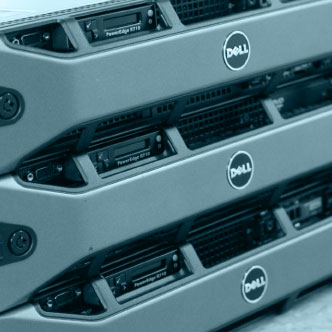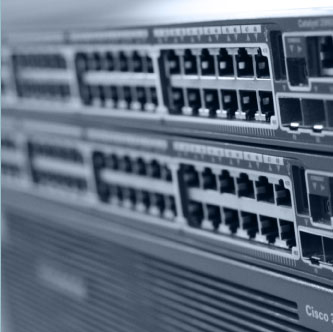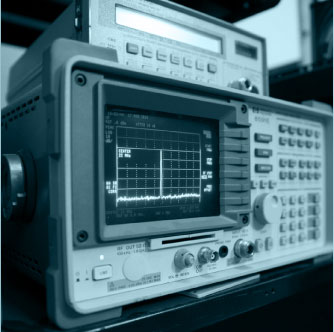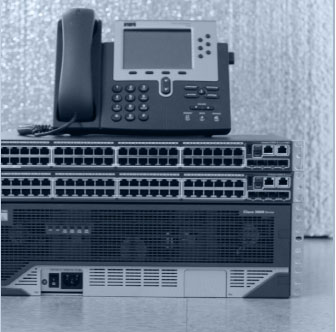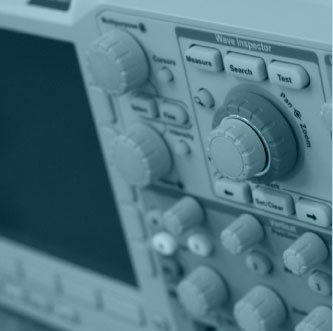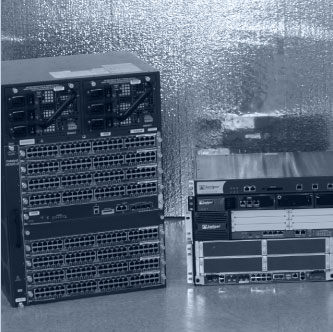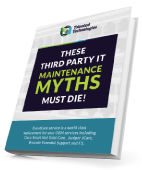Buying used technology can significantly cut down your overhead. It can be a savvy way to upgrade your servers, expand your small business, and save money in the process. But like with buying any new piece of technology you should be sure you do the proper planning, research, and preparation. This new technology is not just a major upgrade for your business. This can also be a major business expense. It can also be an expensive mistake you don’t want to make. Here are a few important things to consider when buying reused technology.
- Know What You Need

Photo by bongkarn thanyakij from Pexels
You want to have a clear picture of what you need. It can be easy to get lured in by a great price or multiple shiny options. You want to have a full understanding of the piece of equipment you are purchasing. You’ll want to know the running market price to ensure you are actually saving money. Ensure your new purchase fulfills your business’s needs by making sure you know your most pressing business needs and how this new piece of equipment will handle it. Does this server handle your new inbound traffic load? Will this copier handle larger jobs? Will the computer support your employee’s programs. Make sure you know how this new piece of tech will measure up. If not, you can end up hastily purchasing something that will create more problems than solutions.
- Understand The Integration

Photo by Jonas Svidras from Pexels
How does this new piece of technology integrate into your current system? How will it fit into your business? Does it fit in the space? Is it compatible with your printer, modem, connection, and server? You want to make sure that your new equipment plays well with your current set-up. Research any bugs, required software, and any other potential issues before you purchase this new piece of technology.
- Was There Adequate Data Destruction?
When purchasing new technology, it’s important to ensure you’re purchasing it from a reputable seller. Confirm the original data was destroyed or safely removed to eliminate any potential cybersecurity issues. You wouldn’t want to be opened up to any liability if you were inadvertently exposed to financial information or computer viruses. Most technology resellers will ensure the software is scrubbed but be sure to double check with your seller about the process. Confirm you understand the process to ensure there are no software or synchronization issues and that the data destruction process didn’t remove any vital software.
- Check The Support & Warranty
An important element that can force technology into obsolescence is support. Be sure to confirm the support for your new device. If the original company stops supporting this device, you could run the risk of losing out on vital firmware or updates that maintain your security. You may also find that software you use or other devices in your system no longer support this device. Be sure to research the product in any trade publications. You can also call the company to ask about their support of the item. You’ll also want to check the status of the warranty in case you run into any tech or repair issues in the future. You are making a large purchase and you want to ensure the longevity of the product even if it isn’t new.
- Locate Licenses and Unlock Codes
Some products have specific unlock codes or license information. You will want to ensure that you not only have the unlock information but that you can use it. If not, you could end up having to purchase an additional unlock code or license for that device. That could negate any savings you get from buying it second hand. Remember, you are purchasing this device not just to have it but to use it. Be sure you have secured all associated paperwork, instructions, and documentation. Confirm you can unlock or synch the device to your network before signing on the dotted line.
- Confirm the Condition
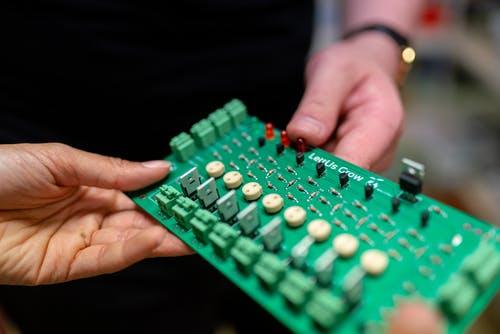
Photo by ThisIsEngineering from Pexels
When purchasing online you may only get access to a few photos. Check on the condition of your new potential purchase. Be sure to take note of any wear and tear in photos or reported in the listening. You’ll want to look at any cords and outlets to ensure there’s no damage weathering that could become problematic later. Confirming the condition will ensure the longevity of your new device.
- Secure the Screen Quality

In addition to checking the condition of the device, you will want to pay special attention to the quality of any screens. Screens do degrade over time. They can die on you. You would not want to invest in an expensive piece of equipment only to have the screen die shortly after. Check the quality of the screen including the brightness and keep an eye for any potential degradation.
These are just a few pieces of information to keep in mind when purchasing refurbished computers, servers, office equipment, or gadgets. You can save a pretty penny and still meet your needs if you play your cards right. But you want to ensure that those savings are long term not just a few dollars in the beginning but a bunch of repair costs and headaches later.
 Photo by
Photo by  Photo by
Photo by  Photo by
Photo by 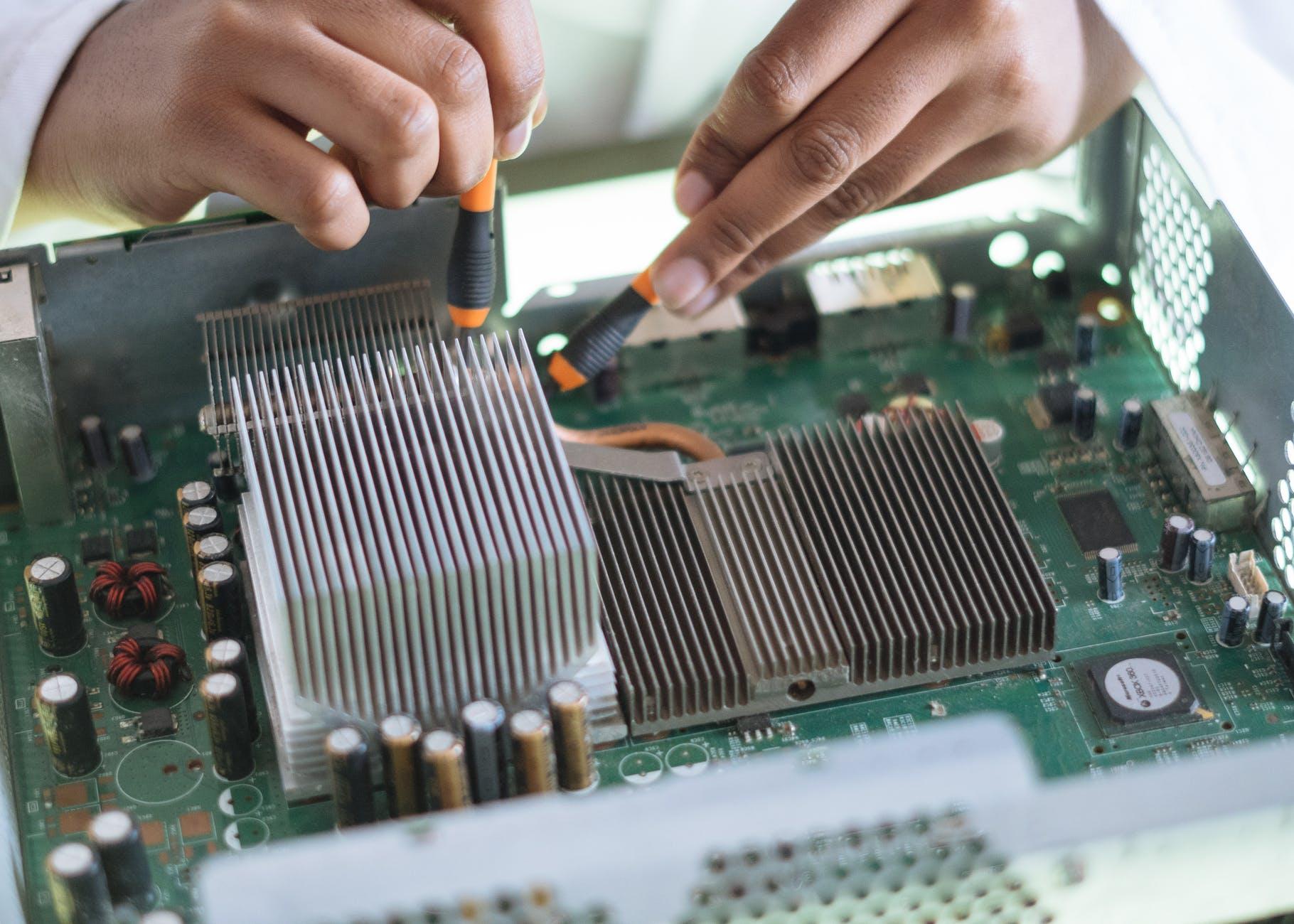 Photo by
Photo by  Photo by
Photo by 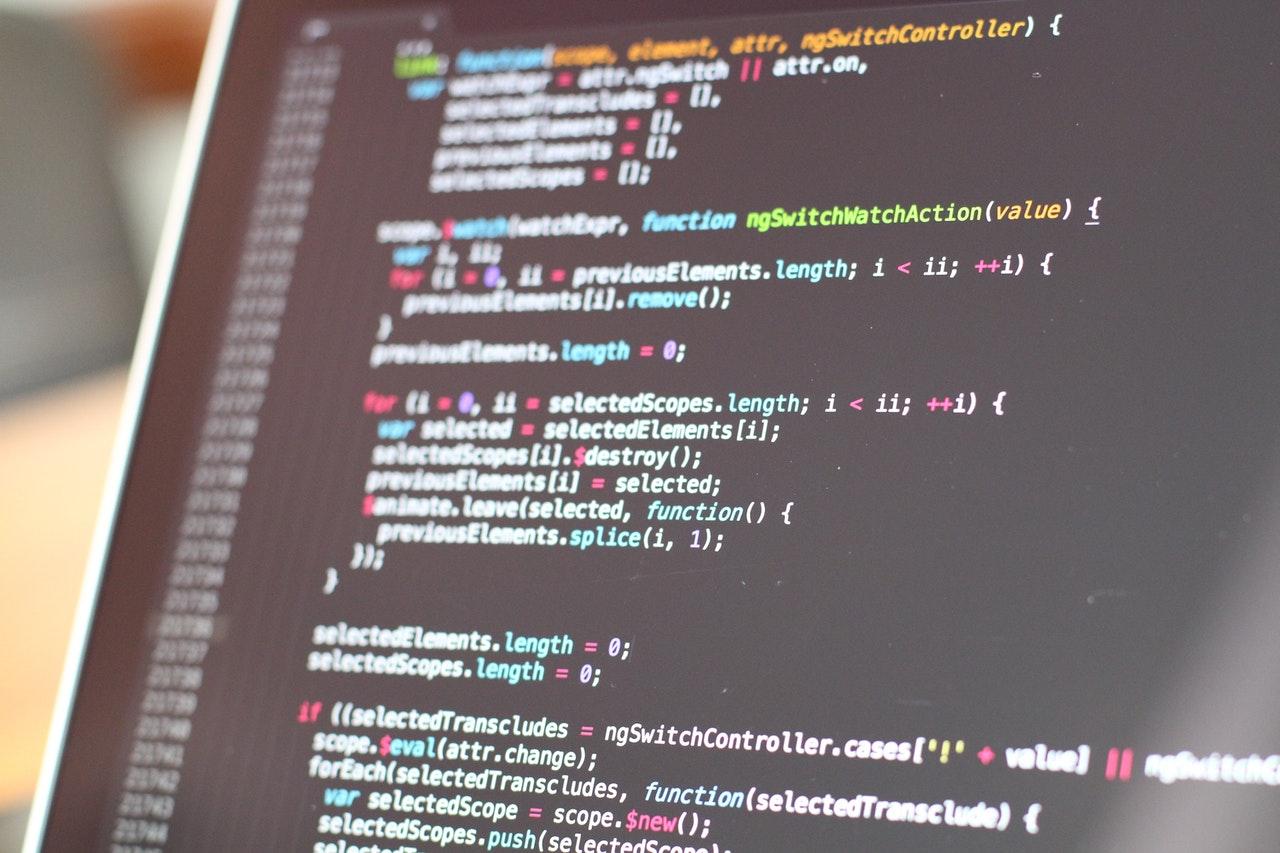 Photo by
Photo by  https://unsplash.com/photos/DXPhqh6q26c
https://unsplash.com/photos/DXPhqh6q26c


 https://pixabay.com/vectors/cloud-computing-cloud-device-data-1989339/
https://pixabay.com/vectors/cloud-computing-cloud-device-data-1989339/
